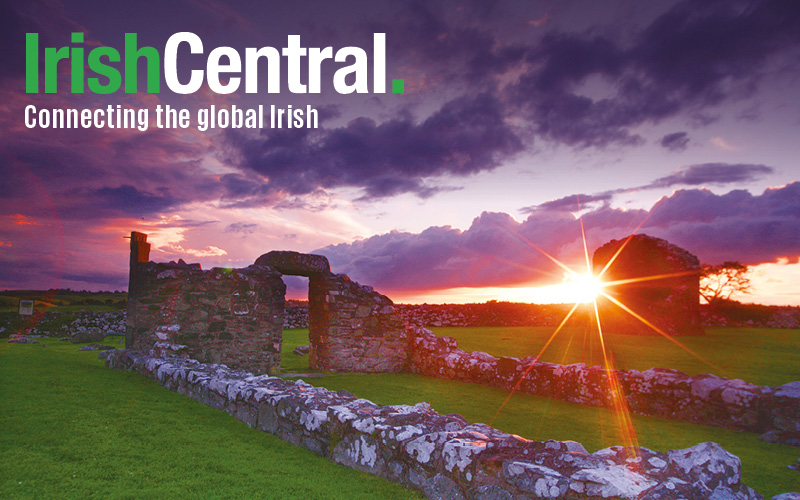Ulster unionists must look on the extraordinary celebrations taking place during the first-ever Irish state visit to Britain and shudder.
The remarkable welcome by the British establishment starting with the royal family and the British Prime Minister David Cameron for Irish president Michael D. Higgins reveals an entirely new level of commitment and co-operation between both states.
For Ulster unionism, however, the new outreach means their most favored status with the British establishment has gone with the wind that made the Union Jack and Tricolor flutter together outside Windsor Castle this week.
Not for the first time a British ally will learn that British interests and hard-headed pragmatism trump any sentimental attachment to the status quo. Like all present and former great powers Britain has interests, not friendships.
Unionists, no doubt, loyal to a fault, will find much to criticize in the lavish welcome for the Irish Republic’s head of state. Their ever-present sense of imminent betrayal will be very obvious.
A Northern Irish leader has never received anything like the pomp and circumstance that attended the Michael D. Higgins visit. It is highly unlikely any ever will.
This is despite their dead generations who fought to keep the link, who fought on behalf of the empire and were always seen as the sovereign’s most loyal subjects.
Now the sovereign has taken up with those rebels from down the road, even promising to take part in the Irish national celebrations of the 1916 Easter Rising.
The presence of Martin McGuinness of Sinn Fein at the state dinner is yet another reminder of how the Irish peace process has upended all political calculations in recent years.
The settling of Irish affairs, despite some major outstanding issues on the implementation of the peace process, is almost complete.
The future of the United Kingdom is in jeopardy with the Scottish referendum on independence in September.
While the current wisdom is that the Scots will vote No, the outcome is by no means certain.
That possibility is also a deeply unsettling one for Ulster unionism as is the continuing trend towards a nationalist majority in Northern Ireland.
They need leadership like never before – leadership that can assure them that they are not just an afterthought as the dynamic of the new realpolitik between the Irish Republic and British takes shape.
Alas. It hardly seems that leaders like Peter Robinson fit the bill. He has spent far too long assuaging his hard core while others have moved on.
If he needed any evidence of that he just needed to look around at the lavish state dinner for President Michael D. Higgins at Windsor Castle.




Comments